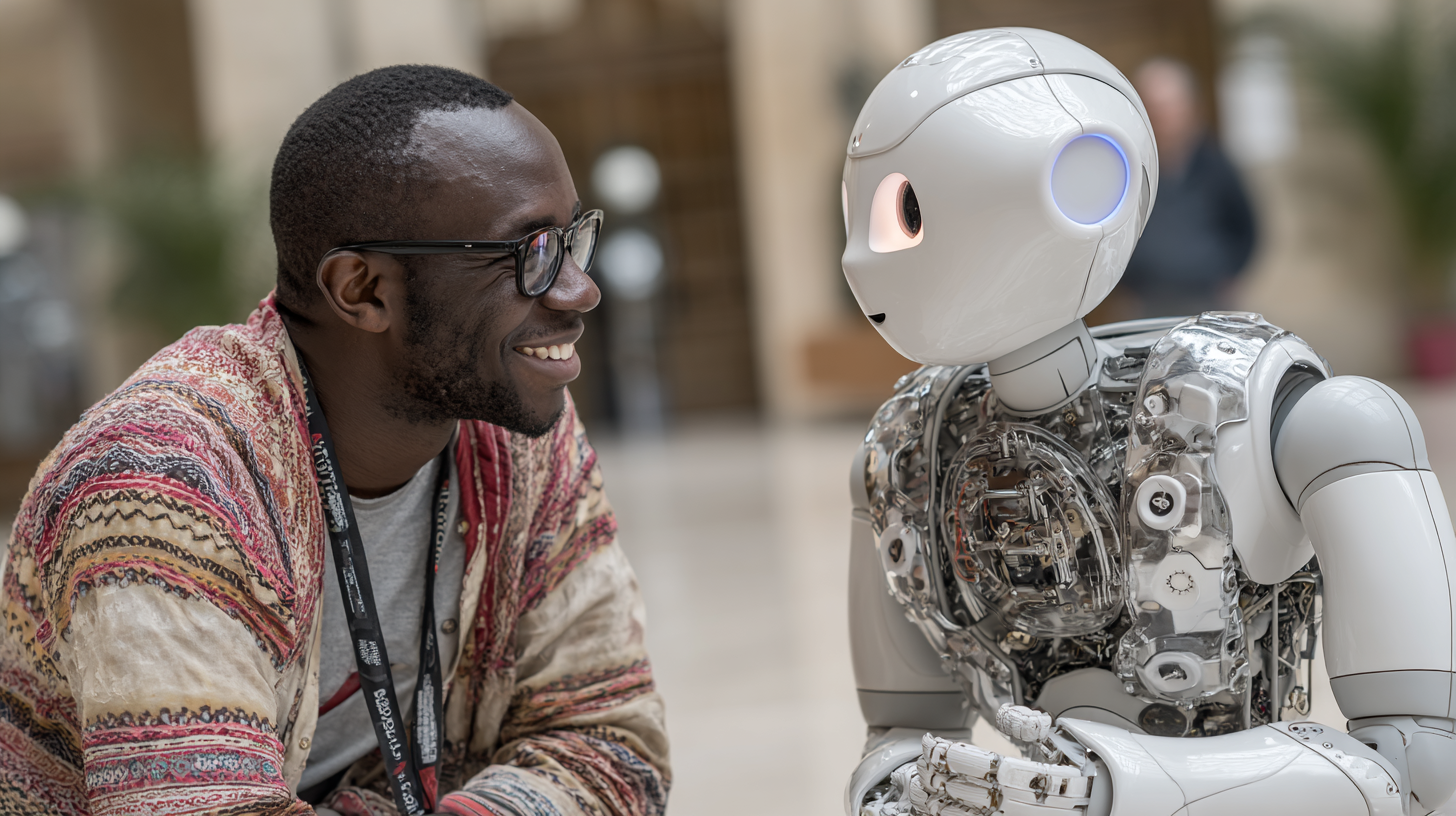Universities used to be the gold standard. Now they’re more like the gold-plated standard. Shiny, expensive, and prone to rust.
I learned this firsthand.
When I returned to the UK in 2000, my plan was simple: go to university, get a great degree, and build a future. But dreams come with invoices. That decision left my family with a bill that could buy a small flat in Lagos. We believed the promise: a degree meant a better life. But belief doesn’t pay the rent.
Even after graduation, uncertainty was everywhere. Jobs were scarce. Recruiters cared more about the name of your university than your actual skills. Unless your degree came from a “Red Brick University”, you were just another CV in the pile. The irony? We paid a premium for a system still running on brand loyalty, not competence.
That was before AI entered the conversation.
In This Post
The Traditional Model is Tired
Most universities are still trying to be Harvard. Big campuses. Fancy libraries. Gyms no one uses. Meanwhile, students are drowning in debt and getting taught with PowerPoints from 2009.
Everyone takes the same courses, at the same pace, in the same lecture halls. It’s like making everyone wear the same shoe size and wondering why some people limp.
Clayton Christensen warned about this. When institutions stop innovating, disruption enters. Netflix did it to Blockbuster. Apple did it to Nokia. AI may do it to universities.

AI and Tech Are Already Here
Salman Khan had it right. Tech should make learning personal. Not “everyone watches the same video”; personal. Real personalisation. Learn at your own pace.
Duolingo shows how this works. Miss a lesson and you get a reminder. Open the app, and you are speaking Italian with a green bird that feels like your supervisor. It works.
AI tutors now analyse strengths, spot weaknesses, and nudge you forward. They don’t lose your assignments. They do not arrive late. They do not strike.
Virtual reality (VR) is adding its own twist. You can step into a Roman gladiator fight, dissect a frog, or explore a black hole all from your bedroom. No travel. No lab coat. No cafeteria food.
But Let’s Not Get Carried Away
Not everyone has access to good tech. Some students are still sharing phones with siblings. Others write essays on borrowed laptops that die at 15% battery.
If we adopt AI-first education without fixing access, we’re not innovative. We are exclusive with better branding.
And some parts of learning need humans. You can’t replace debates, late-night group rants, or that one classmate who always asks questions at 4:59 pm.
AI can’t do banter. Yet.
Hard Questions We Need to Face
Universities should stop printing glossy brochures and answer these:
- What’s your actual value in 2025?
- Are you teaching or just uploading content?
- Do students leave with skills or just existential dread?
- Can online platforms deliver more value than a £50,000 campus degree?
- Should students shape what they learn?
- Are degrees still worth it when Google and Tesla don’t care?
What Needs to Change?
The solution is not a new mascot. It is not a mascot. It comes from focusing on three things: personalisation, affordability, and lifelong learning.
1. Personalisation
AI can adapt to each learner. Struggling with linear algebra? Get tailored exercises. Excelling? Move on to harder problems.
Teachers should act as coaches. Less lecturing. More guiding. Real-world projects should be part of learning. A law student, a coder, and a designer working together is not a joke. It is how companies start.
2. Affordability
Some universities act like education is a luxury cruise. Tuition, boarding, library fees, tech fees, sports fees, even if you don’t play sports.
Purdue University set a new path. It acquired Kaplan University and built Purdue Global. The goal was simple: affordable online education for working adults. A traditional institution lowered costs and expanded access.
We also need the basics: reliable Wi-Fi, functioning laptops, and enough support to stop dropouts caused by tech issues.
Credentials should be stackable. Modular. Education should not require one uninterrupted stretch.

3. Lifelong Learning
Four years of learning won’t last 40 years in a career. AI is moving faster than most university course catalogues.
Universities should offer short, focused programmes in new fields. Let alumni come back. Partner with industry to stay relevant. No one wants blockchain lessons from someone still using a BlackBerry.
IBM’s skill academies show how universities and companies can work together. That’s the model to copy.
A New Mode in Action: Miva’s MIND
Some institutions aren’t waiting to be disrupted. They’re doing the disrupting.
Miva Open University is one of them. Its latest innovation, MIND (Miva Interactive Neural Dialogue), shows what education can be in the AI era: intelligent, immersive, and personal.
MIND is not another generic app. It’s a rethink of learning and assessment. Led by the Chief Content Officer (CCO), AyoOluwa Nihinlola, MIND blends storytelling, simulation, and AI into one system.
Instead of writing essays that no one revisits, students engage in real-time case studies. You may be placed in a boardroom at Ethiopian Airlines as Chief Revenue Officer. Your task is to recalibrate cargo pricing after a pandemic. MIND challenges your logic and helps you refine your thinking on the spot.
It’s built into the university’s learning system. No extra apps. No clunky logins. It’s designed to feel like a conversation, but with someone who remembers every single thing you’ve said. (Yes, even the parts you wish they’d forget.)
And it’s not just for students. MIND is being adapted for corporate training, too. The same simulations that prepare students for global boardrooms can upskill teams in industries from aviation to finance.
Where most universities still test what you know, Miva is teaching you how to think and making sure that skill works in the real world.
Closing Thought
AI won’t kill education. But it will strip away the fluff.
Miva proves that universities can be agile, inclusive, and tech-savvy without losing their soul. The future of higher education is already here. The question is whether more universities will choose to join it.
Because if they don’t, students might start getting degrees from ChatGPT in group chats.
And honestly, I’d rather we didn’t have to see that graduation ceremony.


